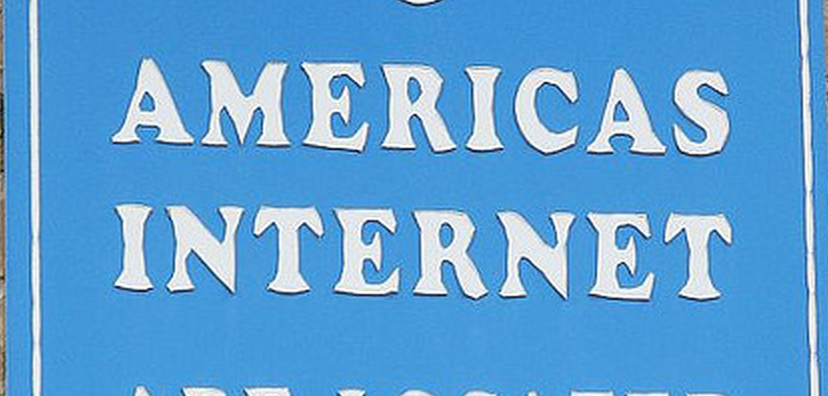Kickstarter, Tumblr, Etsy, Others Ask Lawmakers To Not Use Budget To Ruin Net Neutrality

(Steve)
This week, a number of high-profile Internet and tech companies — including Kickstarter, Tumblr, Etsy, Vimeo, Twilio, Dwolla, and bandwidth providers like Level 3 and Cogent — sent a letter [PDF] to the leadership of the House and Senate, asking them to refrain from using the budget to kill neutrality.
The biggest names in online tech — like Facebook, Amazon, Google, Yahoo, Netflix, eBay, and Samsung — signed the letter indirectly through their membership in signees like the Internet Freedom Business Alliance, and Incompas (which you might know by its former name, Comptel).
These companies have been successful in defeating some anti-neutrality riders that were attached to earlier drafts of the spending bill, including one that would have enforced a “legislative stay” on the Open Internet Order by withholding funding for its implementation until all current court challenges against net neutrality had been decided. Note that it took about four years for the 2010 version of the neutrality rules to eventually be gutted by a federal appeals court. Had the FCC chosen to appeal to the Supreme Court (instead of drafting new rules), that legal dispute would have gone on even longer.
There are now provisions attached by the House and Senate Committees on Appropriations that would prevent the FCC from regulating rates on broadband — in spite of the fact that the FCC has forborne from the very practices these riders are seeking to prohibit. What the FCC will allow is for consumers to challenge, on a case-by-case basis, allegedly unfair or unreasonable rates.
The signees of the letters — some of whom would benefit from a lack of rate regulation — point out that they agree with the idea of preventing retail ratesetting, but caution that the “rate regulation riders that passed the committee process are drafted in a broad manner that could create unintended consequences for telecommunications policy by eliminating FCC safeguards for broadband markets, Internet entrepreneurs, app makers, and Internet users alike.”
The companies say that it’s better for this issue to be resolved within the proper, existing regulatory framework, “rather than in the often chaotic appropriations process.”
Want more consumer news? Visit our parent organization, Consumer Reports, for the latest on scams, recalls, and other consumer issues.

